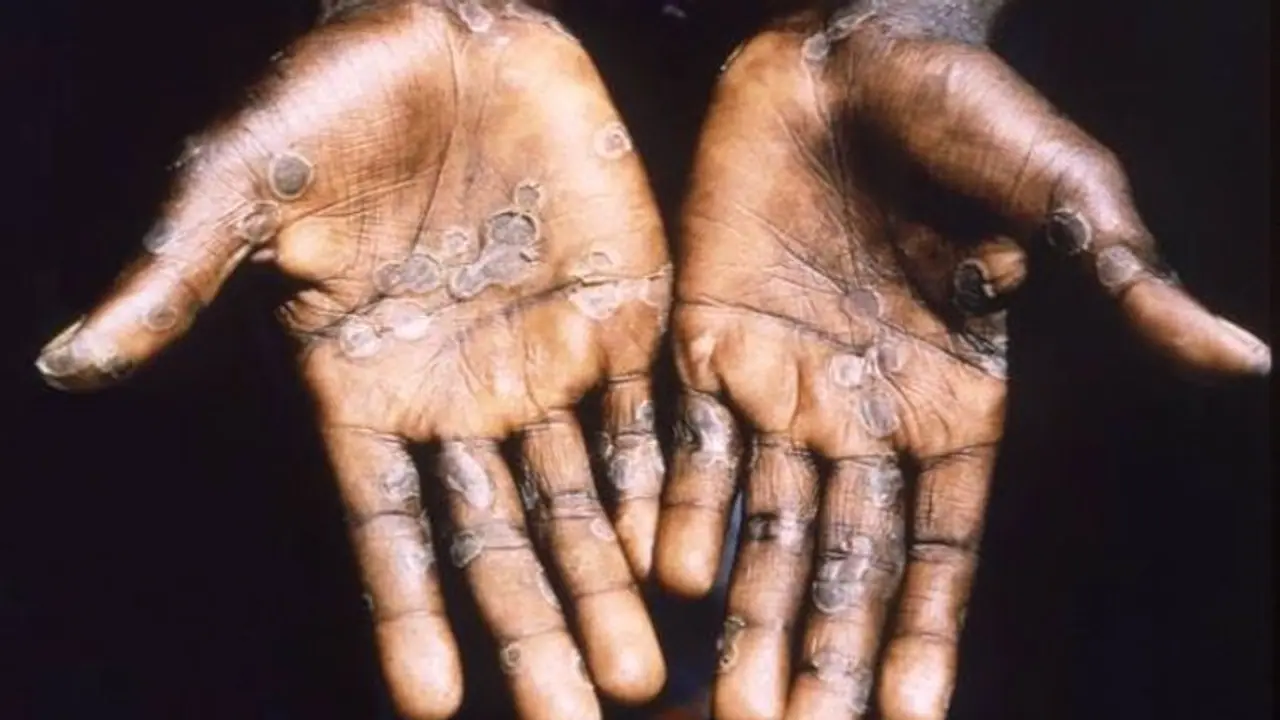The World Health Organization has promised that the epidemic of monkeypox cases outside of Africa can be stopped, as more governments have announced restricted immunizations to tackle the virus's mounting illnesses.
Nearly 20 countries where monkeypox is not endemic have reported outbreaks of the viral illness, with over 100 confirmed or suspected cases, the majority of which have occurred in Europe. The outbreaks are concerning since monkeypox, which spreads through intimate contact and was initially discovered in monkeys, is primarily prevalent in west and central Africa and very rarely spreads abroad.

The World Health Organization has promised that the epidemic of monkeypox cases outside of Africa can be stopped, as more governments have announced restricted immunizations to tackle the virus's mounting illnesses.
According to a study in the UK, certain antiviral drugs may have the ability to shorten symptoms and lessen the period of time a patient is contagious. The cases examined in the study, which was published on Tuesday in the journal The Lancet Infectious Diseases, are the first occurrences of in-hospital transmission and home transmission outside of Africa.
Also Read | Monkeypox: Know early symptoms, how is it spread, other details
The study also reported on the patient response to the first off-label use of two separate antiviral drugs to treat the condition, brincidofovir and tecovirimat.
The study found no evidence that brincidofovir was clinically beneficial, but it concluded that more research into the potential of tecovirimat was necessary. The monkeypox virus was also found in blood and throat swabs, according to the researchers. Because optimal infection management and treatment techniques for this disease have yet to be defined, the study's findings might help guide global efforts to better understand the disease's clinical aspects as well as transmission dynamics, the researchers stated.
Four of the seven UK monkeypox cases investigated in the study were imported from West Africa, with three additional cases developing as a result of human-to-human transmission within the case clusters.
Also Read | Monkey Pox is 'accelerating' fast, warn WHO officials: 10 points
The UK Health Security Agency classifies monkeypox, a close related of the smallpox virus, as a High Consequence Infectious Disease (HCID).
There are presently no legal therapies for monkeypox, and data on the duration of contagiousness is sparse, with the incubation period varying from five to 21 days.
